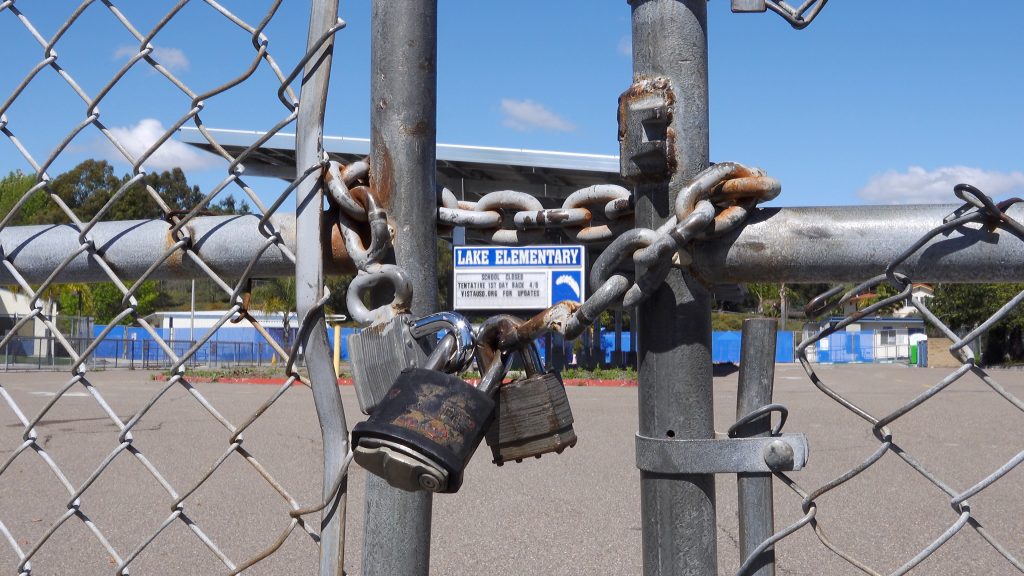
Over 20 percent of college students come from lower-income families, according to Inside Higher Ed. These students face the worst effects of school closings due to the pandemic—whether they’re in high school or college now.
Elementary school students may be even worse off. Yale economist Fabrizio Zilibotti co-authored a study that found:
Pandemic-related school closures are deepening educational inequality in the United States by severely impairing the academic progress of children from low-income neighborhoods while having no significant detrimental effects on students from the county’s richest communities.
Not all researchers are concerned, however. Anthony Solari, a political scientist at North Carolina State University, said he is “not particularly worried, frankly.” He believes that by the time “young people end up at the college level, they would have had ample time to make up any loss.”
Children are resilient, Solari said, and they will make up lost time “especially if teachers, schools, and parents are there to help them make it up and adjust curriculum accordingly.” However, Solari worries that catching up will be uneven. “As always, the poor will suffer most through this like in other cases,” he said.
For high school students, their biggest threat is “if they fail to achieve right before they are to apply to colleges,” Solari said. Many colleges have adjusted to compensate by making SAT/ACT tests optional for admission. Well-off students have parental support, better access to technology, and can get mentors or tutors to make up for lost ground. The thinking goes that low-income students won’t be able to recover so easily, and standardized testing will hurt their chances of getting accepted.
Ronnie Chalmers, the director of strategic initiatives in undergraduate admissions at NC State, told the Martin Center that he is hopeful for the future. NC State is aware of the financial struggles that students face when preparing for college. During the pandemic, the school has offered students more academic help.
Virtual tutoring spaces, for example, have been created. Now, students who wouldn’t be able to get a ride to an in-person session can attend one virtually, Chalmers said.
Students who come from educated families will have the most understanding supporters on their sidelines. Unfortunately, first-generation students may have more difficulty navigating this lifestyle. Students whose parents didn’t go to college have a harder time adapting to the changes they run into when in college.
As the UNC system has altered admissions requirements, students are no longer required to take a standardized test. By making the SAT and ACT optional, Chalmers said admissions officers can now “learn more about the applicant pool” and “be more holistic in their decision-making process.” Some universities are too focused on test scores, he said, and looking at a student’s GPA and high school classes gives admissions a better understanding of students.
Critics of that approach, however, argue that “two measures are better than one.” Shannon Watkins of the Martin Center wrote how both GPA and SAT scores combined can be helpful when considering students for admission.
Data from the College Board shows that wealthier students tend to score higher on the SAT. While the pandemic will harm low-income students, making the tests optional for admissions may benefit them depending on the “holistic admissions” process. Chalmers told the Martin Center that NC State acknowledges that some students didn’t get the same quality of education, and in their review process, the admissions office has made adjustments to give these students the benefit of the doubt by looking beyond test scores.
The pandemic has forced colleges to become more tech-friendly. “Historically, the university has been focused on getting students to campus,” Chalmers said. But now, students can listen and engage in classes and tutoring while off-campus. If colleges keep these options after the pandemic, they could expand access and extra assistance to struggling students. But if not, then the attempts to give low-income students a boost will have been a fleeting experiment.
Megan Zogby is a Martin Center intern.
